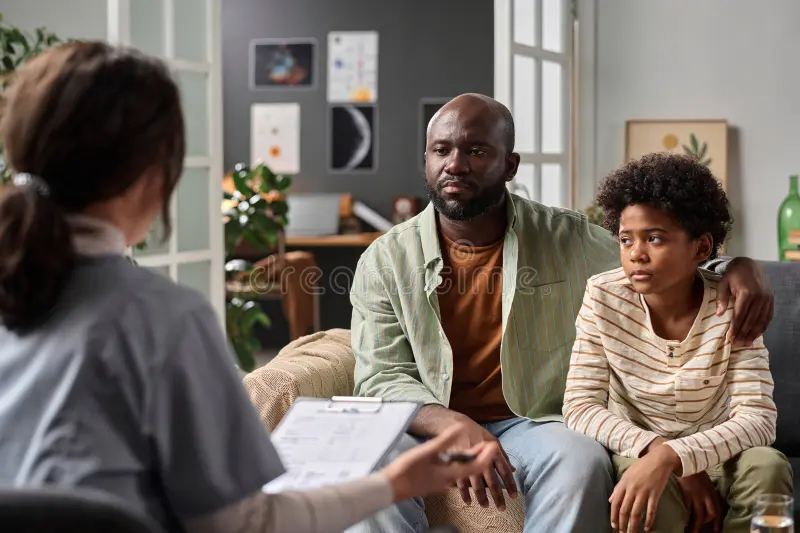24/7 Helpline:
(866) 899-221924/7 Helpline:
(866) 899-2219
Learn more about PTSD Treatment centers in Escambia County

Other Insurance Options

Horizon Healthcare Service
Beacon

MVP Healthcare

Magellan Health

Access to Recovery (ATR) Voucher

State Farm

Medical Mutual of Ohio

GEHA

Anthem

EmblemHealth

Premera

UMR

CareSource

Amerigroup

BlueCross

Coventry Health Care

Meritain

Carleon

Molina Healthcare

Ceridian

























